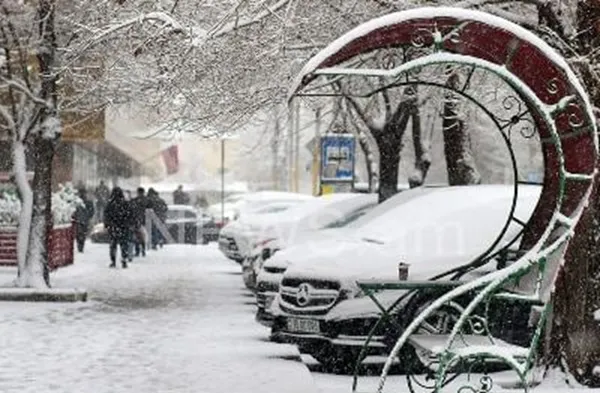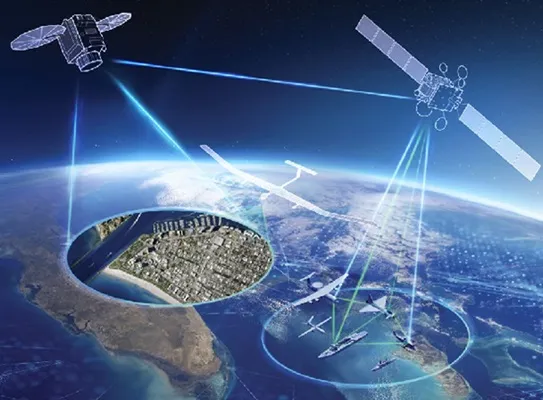What possible connection could there be between snowfall and national security? A recent, medium-intensity winter snowfall (occurring from approximately February 20 to 22, 2025) paralyzed traffic and caused severe disruptions to surface public transportation, particularly in Armenia’s capital, Yerevan. According to the Union of Insurers of Armenia, this disruption was accompanied by nearly a thousand traffic accidents, as streets remained covered with snow.
While many citizens bitterly complained about the lack of preparedness in mitigating the snow-related conditions, expressing outrage at government ineptitude—especially in light of recent tax hikes and increased bus and metro fares—most, including the government, appear not to have observed something else. Intelligence services closely monitor how their adversaries respond to natural disasters, even to something as seemingly innocuous as a snowstorm. Such events provide valuable insights into an adversary’s vulnerabilities, decision-making processes, and resource allocation. This information can be used to assess their capabilities, predict future behavior, and identify potential opportunities or weaknesses.
Intelligence agencies track news outlets, social media, and official statements from the adversary’s government to understand their public response to the disaster. Analysts monitor local social media platforms, forums, and messaging apps to gauge public sentiment, identify response gaps, and detect signs of civil unrest or dissatisfaction.
Analysts use geospatial data to assess the extent of damage and compare it with the adversary’s reported response efforts. They also evaluate how the adversary’s critical infrastructure—such as power grids and communication networks—is affected and how effectively the target state manages the situation. Intelligence agencies analyze how the adversary allocates resources, whether financial, military, police or humanitarian, during a disaster to gain insights into their priorities, capabilities, and overall governing competence.

Most importantly, analysts study the behavior and decision-making of key leaders during crises to understand their strategic thinking and identify potential vulnerabilities. Monitoring public sentiment can reveal how the population perceives the government’s response, which may lead to instability or provide opportunities for leverage. By analyzing these factors, intelligence agencies can predict how an adversary might act in future crises or conflicts, identifying potential weaknesses or opportunities to exploit.
While a single event may appear trivial, the accumulation of poor performance is used to estimate a state’s real capabilities. If Armenia gives the impression that it cannot handle a medium-sized snowfall, along with consistently poor or mediocre reactions to periodic societal stresses, it will be exploited by an opposing side during negotiations, and in estimating Armenia’s capability to wage or deter war. While a single event—or even a few events—cannot establish causation, it is essential to consider how such incidents are perceived by one’s adversaries.
One of Armenia’s most glaring missteps was the reelection of the current government in 2021, the same government that presided over defeat in the 2020 Karabakh War. It is rare for a government to remain in power after overseeing the deaths of 5,000 young men and losing significant territory just months prior. This fact was not overlooked by observers and analysts. As Armenia’s Pashinyan government celebrated its election victory, shortsightedness signaled to its adversaries that Armenia could be pressured into concessions, submission, or acquiescence. This sense of resignation is evident in Armenia today.
Armenian authorities consistently failed to encourage a sense of outrage in post-war Armenia, such as through facilitating false flag operations like violent street activity, demonstrating Armenian outraged at such a loss of human live and ancestral lands. These operations could be used as bargaining tools during negotiations.
Armenia can no longer afford to make diplomatic mistakes in an unforgiving and unyielding world. In such an environment, any vulnerability or misstep can and will be exploited by one’s adversaries.
*****
David Davidian is a Lecturer at the American University of Armenia. He has spent over a decade in technical intelligence analysis at major high-technology firms. He resides in Yerevan, Armenia.
Original link



